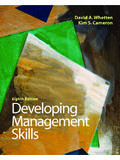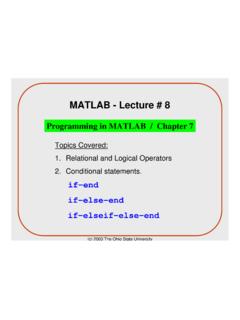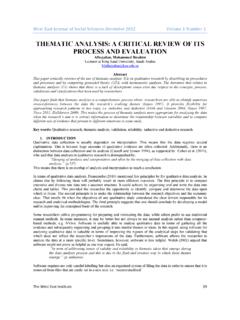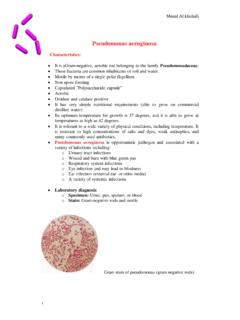Transcription of Legal and ethical tensions between maintaining ...
1 Legal and ethical tensions between maintaining confidentiality and sharing information when working with individuals with autism: UK laws and legislation Breaking confidentiality and whistle blowing for the public interest or the individual we support can be a challenging matter. It is usually related to sensitive issues such as abuse, harassment and discrimination. Therefore, procedures and policies have to be followed at all time when such concerns arise. Every member of staff needs to be aware that according to the Public Interest Disclosure Act (PIDA)1998, workers are protected when making disclosures in the public interest. It also allows workers to claim compensation for victimisation following such disclosures (ICO,2012). Workers in the social care need to feel encouraged and protected by their managers when reporting concerns related to the service or the protection and safety of the individual they support.
2 This is an important role of the service and line managers as it makes all individuals involved in the service feel safe and dignified. Service and line manager have the responsibility of ensuring that staff has the minimum training or understanding of safeguarding individuals who are at risk of abuse or neglect. This includes understating the type and signs of abuse and the procedure that has to be followed by the member of staff when witnessing any abusive practices or when the individual they support approach them for help and protection (Thornes,2012). The staff is not allowed to keep secrets when the matter relates to safeguarding the vulnerable individuals they work with (Thornes, 2012). Disclosing such information can be stressful and problematic. Therefore, having a support system in place is very important for the staff wellbeing. A confidential helpline can be a good example. Staff can reach the qualified person for advice or counselling for additional support following disclosing information .
3 Staff may sometimes share information with their manager that are related to them as workers. This may include complaints, harassment matters and/or discrimination against them. It is very important that such issues are being addressed in a sensitive way. Depending on the situation the manager deal with, some information that is being shared by the staff has to remain confidential until a procedure is followed ( grievance, complaints, and harassment procedure). On the other hand, there is information that has to remain confidential at all time and breaching confidentiality of this information may lead to disciplinary action and dismissal. Examples of confidential information are (care plans, personal information for staff and individuals and risk assessment) (The Care Certificate, ). Such information is protected by many policies such as the Data Protection Act 1998, Freedom of information Act 2000 and Caldicott Principles (The Care Certificate, ).
4 Managers have the responsibility of ensuring that sensitive and confidential data is recorded, stored and shared according to the policies, procedures and agreed ways of working (Thornes, 2012). The use of assistive technology has an aspect of sharing information and confidentiality maintenance. Although assistive technology has the potential to be of benefit for the individual it also has the potential to be misused. Making sure that the individual and the care providers understand in advance the risks involving the use of assistive technology is essential for the protection of privacy (Technology to care, 2014). Policies such as the Data Protection Act 1998, is also implemented in the use of assistive technology. Managers should be able to guide the staff who support the individuals in the use of assistive technology or to refer them to the right people when it comes to storing and using data by assistive technology (Technology to care, 2014).
5 Offering the appropriate training for the members of staff is important for the protection of the data. It is also important for the keeping of confidential information secure and only accessible by people who have the right to see them References ICO(2012) Protection for whistle-blowers disclosing information to the ICO. Available at: (Accessed: 1 October 2016). Technology to care (2014) Homepage. Available at: (Accessed: 1 October 2016). The care certificate ( ) Understand your role. Available at: (Accessed: 2 October 2016). Thornes, N. (2012) Diploma in leadership for health and social care. London: Nelson Thornes Ltd.

















